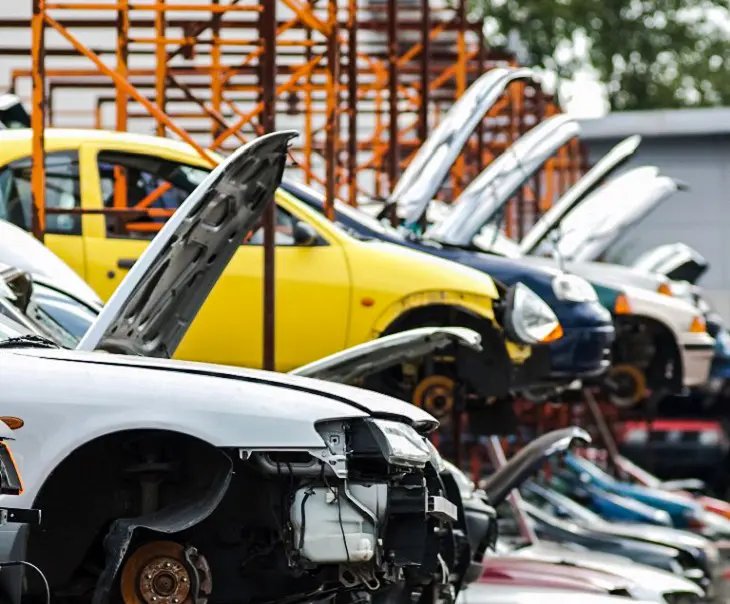Japan – Sorting end-of-life car parts into 8 classes could increase recycling rates of alloy elements to over 97% in Japan, researchers at Tohoku University have reported.
Optimising recycling could save Japanese steelmakers 31.6 billion yen (US$ 287 million) on raw materials per year; for instance it could save 15% on alloys. Also, this sorting method would reduce greenhouse gas emissions by almost 30%.
Essentially, the Tohoku University research team analysed the composition of scrap car parts and what they could be reused for. It was concluded that they are best suited for a handful steel alloys.
The analysis found that between 94%-99% percent of the alloy elements could be recycled from the scrap car parts. The scrap metal can be melted down in electric arc furnaces and remade into steel products, such as coils, plates and bars.
The recycled alloy elements could replace roughly 10% of the new material used by electric arc furnace steelmakers.
The researchers point out that despite Japan’s car recycling efforts, end-of-life parts are generally thrown together, and so alloys like manganese, chromium, nickel, and molybdenum, ‘are not optimally recycled’.
Don't hesitate to contact us to share your input and ideas. Subscribe to the magazine or (free) newsletter.



